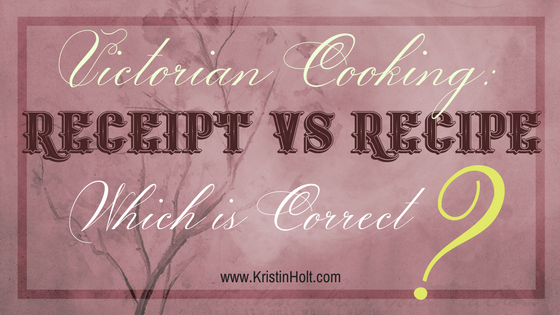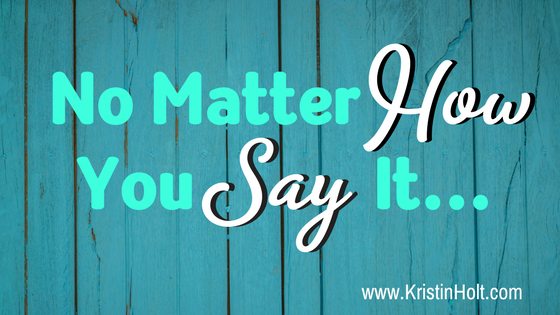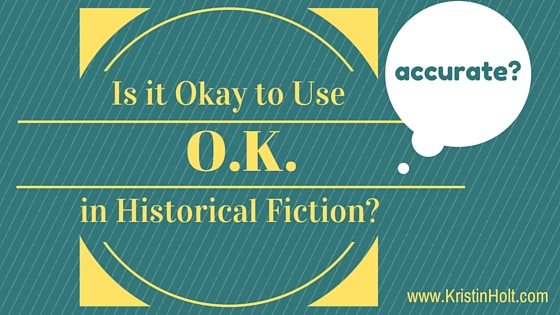
Victorian Ladies Wore Costumes–Every Day
Did Victorian women wear costumes every day? Or dresses? Which was it?

Did Victorian women wear costumes every day? Or dresses? Which was it?

In context of Western Historical romances:
“May I call on you?”
“He took me on a date.”
Historically accurate… or So Not The Way Things Were? Why? How do we know?

Examining vintage recipes for any kind of edible… or how to prepare laundry soaps… will often use the term “receipt”. What’s up with that? When wasn’t a recipe, a recipe?

Have you ever stumbled across a turn of phrase (hold your horses, for instance) in a western historical romance and wondered if it fit? Or if that phrase was too new to be accurate historically? I have. While writing my past few western historical romances, I’ve paused and taken the time to look up most of these phrases, but I probably missed some. I want to share a handful with you here (that appeared in Pleasance’s First Love, set in 1879), along with the history behind that common phrase (colloquialism), when it came to be, and how we know that origin.

When did the term “O.K.” or “okay” find its way into common use in American English? Is it incorrect (and inaccurate) to use “okay” in 19th century fiction? What if it’s spelled “O.K.”? What does O.K. stand for, anyway? I’ve provided numerous historical newspaper articles and snippets showing the etymology and proving one of the spellings (O.K.) is highly accurate in the 19th century, but the other (okay) is not.